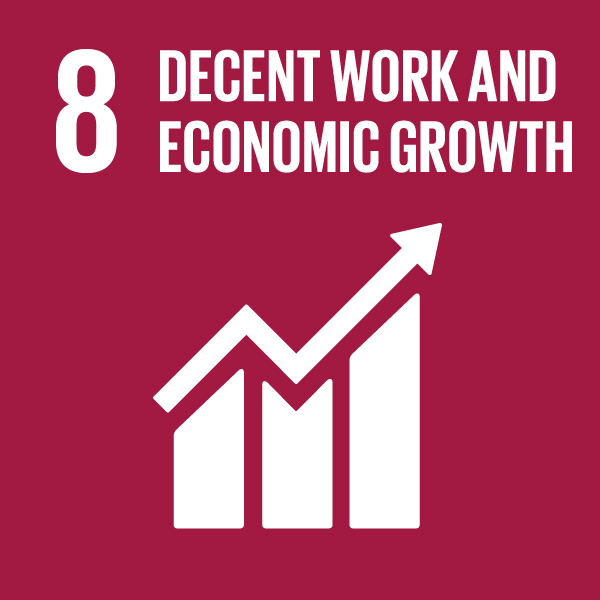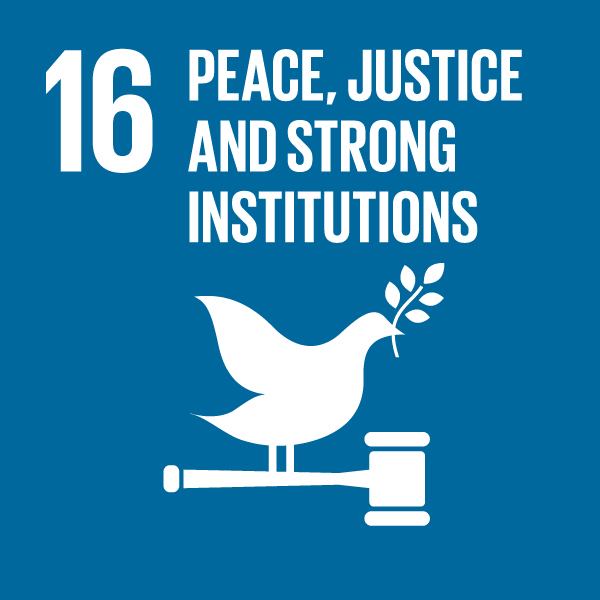
United Nations
Goal 8 of the proposed Sustainable Development Goals calls for "inclusive and sustainable economic growth."
In the last 15 years, we have seen impressive progress in global development. The world has cut in half the number of people living on less than $1.25 a day. More people have access to clean water. And more girls are in school. Sustaining—and accelerating—this progress in the next 15 years will require a concerted effort to promote inclusive economic growth that focuses on good governance and smart analysis to make sure that growth continues to improve the lives of the poor.
That is a driving focus of the Sustainable Development Goals, which the international community is expected to adopt next week—promoting good governance and smart analysis to ensure that that no one is left behind.
Consider two of the 17 SDGs in particular:
Goal 8: Promote sustained, inclusive and sustainable economic growth, full and productive employment and decent work for all.
Goal 16: Promote peaceful and inclusive societies for sustainable development, provide access to justice for all and build effective, accountable and inclusive institutions at all levels.
These concepts, focused on economic growth and good governance, are both practical and aspirational–and for MCC, they ground our current approach and they provide goalposts to shoot for as we move beyond the Millennium Development Goals, which expire this year.
Good governance is critical to supporting inclusive societies. Tony Pipa, the U.S. chief negotiator for the post-2015 SDGs, has said the United States is particularly pleased to see Goal 16 in the SDGs because “we’re about promoting resilient, democratic societies.”
That’s why at MCC, we work only with countries that pass our eligibility scorecards based on independent, third-party data to measure a country’s commitment to just and democratic governance, investment in its people and economic freedom.

United Nations
Goal 16 of the proposed Sustainable Development Goals calls for "peaceful and inclusive societies for sustainable development."
And while we see effective and accountable institutions as noble objectives in their own right, we also see them as the means for achieving—and sustaining—the type of inclusive growth required to reduce poverty and improve lives. Recent MCC research supports that conclusion: a study by our former chief economist found that the relatively well-governed countries with which we partner tend to be countries where growth is shared.
We also work with our partners to ensure that the projects we design promote economic growth that reaches the poor. Together, we conduct a joint constraints to growth analysis that helps us focus on the biggest constraints to private investment and unlock the greatest economic potential. And before we move forward, our teams of economists and experts analyze potential projects to determine how they will impact different socioeconomic segments of the country.
Of course, we’re always looking to improve our approach. We continue to deepen our joint analysis by looking for more and better data on how gender and social inclusion affects access to markets, and we continue to study how private sector investment opportunities can better support poverty reduction.
But global support for inclusive growth, as part of the SDGs, encourages us to work even harder with our developing country colleagues to ensure that our investments benefit the poor and support inclusive economic growth.

